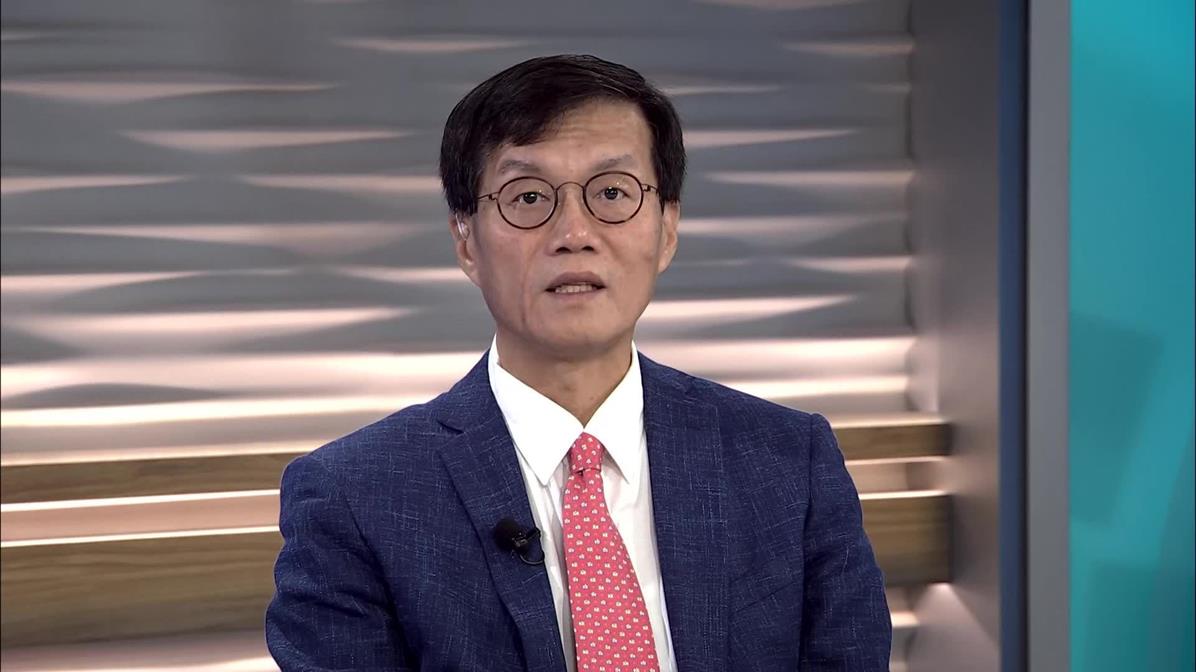IMF Asia Economic Outlook Inflation Philippines

The IMF is downgrading economic growth in Asia due to Covid-19 and warning that US financial tightening to combat inflation may negatively impact the region in the newly released Asia Pacific Regional Economic Outlook released Wednesday (October 19) in Washington, DC.
The IMF said that it expects Asia’s economy to grow by 6.5% in 2021, compared with its April forecast for a 7.6% expansion.
““COVID 19 pandemic is expected to leave medium-term scars to Asian economies. Divergence in economic prospect across countries, sectors, income and skill levels and age and gender will remain the most important feature of the ongoing recovery. Output levels of the developing countries compare with the best countries are expected to remain below pre-pandemic trends in the coming years, reflecting differences in policy support and vaccine rollouts,” said Changyong Rhee, IMF Director of the Asia Pacific Department.
He pointed to inflation and ensuing rise in interest rates as key risks.
“The main risk is related to evolving pandemic dynamics. For example, the possibility of COVID becoming endemic and the lower vaccine efficiency against new variants. Rising inflation is also posing uncertainties as higher commodity prices. Supply chain bottlenecks and rising shipping costs continue to pull inflation pressures. It also encourages risk of financial spillovers from US monetary policy normalization. As the US Fed is more likely to start normalization earlier if inflation pressures increase further in the United States. The increase in inflation in Asia, however, has been more subdued than in other regions so far. But the risk is rising,” said Rhee at a news conference launching the report.
That pressure on the US Federal Reserve to raise rates may put pressure particularly on more heavily-indebted countries in Asia, Rhee warned.
“Well, what we are worrying about is that, you know, after the global financial crisis, Asia also rely on large stimulus packages. And then after Covid given relatively limited policy base, many Asian countries actually increase the leverages. So if you look at the leverage ratio in Asia, overall is quite higher than before. So the higher interest rate in the United States can cause a capital outflow from the region that can cause a depreciation that can cause the domestic financing market costing cost increase.”
And answering questions about the Philippines, Rhee said there is a chance for the countries economy to bounce back if the rollout of vaccines can be sped up.
“Unless you have a higher number of people vaccinated, you cannot forever to maintain the containment policy because the economy impact will be very serious. So I really hope that the Philippine government accelerate the vaccination of the people. And with that, I think hope that they can go back to their previous economic trend, such as six to seven percent growth rate based on their build infrastructure investment plan.”





